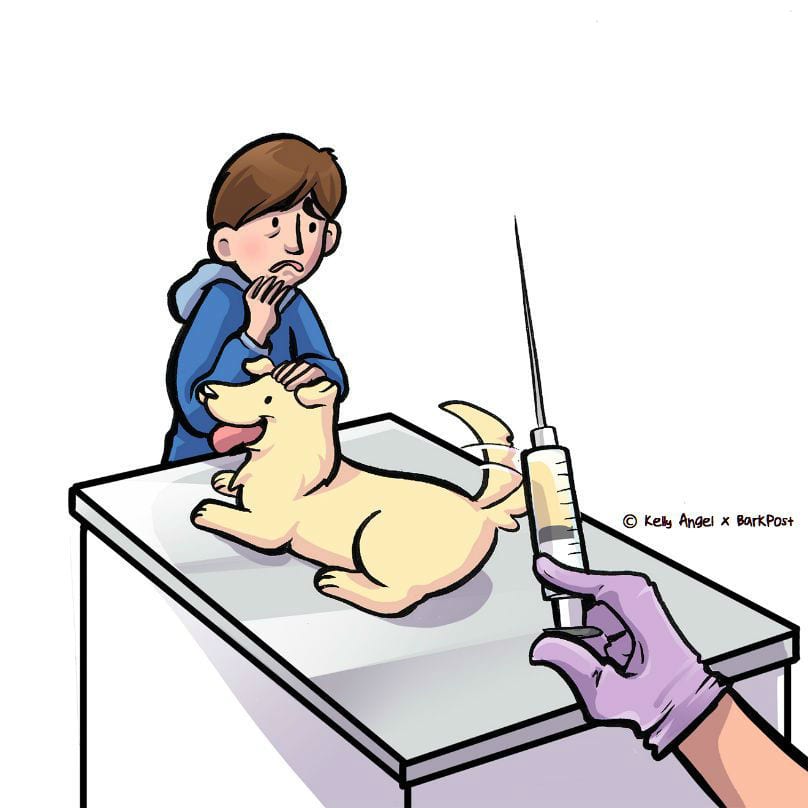It’s no surprise that dogs are just as loving and devoted as humans – we have almost identical hearts! And just like our own hearts, poor diet and lack of exercise can lead to disease. 95% of dogs that suffer from heart disease acquire their condition at some point during their life rather than having been born with their condition. This may seem like a frightening statistic, but the good news is that there are steps we can take to improve and prolong the lives of these dogs.


There are two main causes of acquired heart disease in dogs – Valvular Disease and Dilated Cardiomyopathy (DCM). 75% of North American canine heart disease cases are a result of some form of valve disease. Basically, one or more of the heart’s valves fails to close entirely during pumping, allowing blood to flow backwards. Veterinarians diagnose valve disease by detecting the sound of a heart murmur.


DCM is a disease of the muscle of the heart. Weakening of cardiac muscle means that the heart cannot pump blood throughout the body effectively. Over time the heart stretches and enlarges, straining harder to pump. DCM is most commonly diagnosed in large breed dogs like Dobermans, Boxers, Great Danes, Dalmatians, Irish Wolfhounds, and St. Bernards. English Bulldogs and Cocker Spaniels are also known for DCM.


Although most forms of heart disease are degenerative, and usually lead to eventual heart failure, early detection and treatment can help your dog to lead a relatively normal life. See your veterinarian regularly – at least once a year for younger pets, and every 6 months for seniors. Report any possible symptoms like coughing, foul breath, changes in respiration, exercise intolerance, changes in sleep habits, changes in appetite or weight, and anything else you have observed that may be concerning you.


During the physical exam your vet will assess your dog’s weight and body condition, breathing rate, heart rates, pulse rates, and abdominal shape (a round, swollen belly can indicate fluid backup). In addition to assessing the heart with a stethoscope, the vet may also recommend X-rays to evaluate the size, shape and appearance of the heart and its valves, as well as specific blood tests.


Treatments for dogs with heart disease vary on a case by case basis. Research in the field of veterinary cardiology has led to medications specifically designed for dogs, and many human cardiac drugs are also utilized. Once your veterinarian has found the right combination of medications, diet and lifestyle choices to stabilize your dog’s condition, you can enjoy less frequent visits and simply monitor your pup for symptoms.


Although some dogs have genetic predispositions for DCM and valve disease, feeding a healthy diet and making sure your dog stays active can help keep the heart healthier longer. If your dog is showing symptoms or has already been diagnosed with heart disease, consult your veterinarian before making changes to his diet or exercise routine.
H/T to yourdogsheart.com
Featured Image via @guardiansbest






